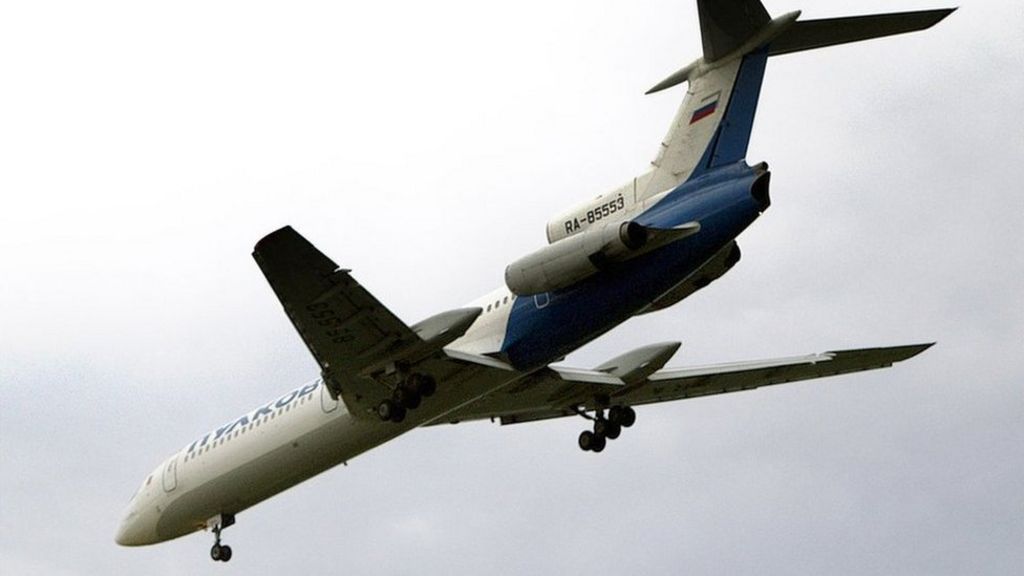US officials were undoubtedly disappointed over the recent emergency landing of a Russian civilian airliner on a farm in southern Russia. Experiencing a hydraulics problem that was causing the plane to rapidly lose fuel, the pilots were not able to make it to the nearest airport.
So, why did this emergency landing undoubtedly disappoint US officials? Because the plane didn’t crash and kill the 165 Russian people aboard.
That’s the whole point of sanctions — to impoverish or kill foreign citizens in the hope that the citizenry (or the nation’s military) will rise up, oust their regime from power, and replace it with a pro-US regime. Even if regime change is not accomplished, sanctions enable US officials to “degrade” a foreign regime by reducing its tax receipts by impoverishing or killing its citizens.
So far, the sanctions that US officials have imposed on Russia have not brought any deaths from plane crashes but there have certainly been some close calls, which, of course, keeps hope alive for US officials. According to an article in the Wall Street Journal, “The episode is among a surge in aviation-safety incidents recorded in Russia last year, and an indication of how Western sanctions are hindering the country’s ability to source spare parts and conduct proper maintenance. Some 74 safety incidents were logged among local operators in Russia last year, up from 36 in 2022, according to Jacdec, a German aviation database that tracks safety incidents across all aircraft with 19 seats or more.”
One of the beneficial aspects of sanctions is that it enables US officials to avoid taking direct responsibility for impoverishment and deaths within the targeted country. As people’s standard of living drops, US officials blame it on the economic policies of the sanctioned regime. If Russian citizens die in plane crashes, it’s all because the Russians just didn’t take care of their planes.
Even if US officials are honest enough to acknowledge that their sanctions are responsible for impoverishment and deaths of foreign citizens, they still maintain that it is the fault of the foreign regime for having “forced” the US to impose sanctions by failing to voluntarily relinquish power in favor of a pro-US regime.
We saw that phenomenon during the 11 years of brutal sanctions against Iraq, which succeeded in bringing massive impoverishment and death to the Iraqi people, especially children. (Recall US Ambassador Madeline Albright’s infamous declaration that the deaths of half-a-million Iraqi children from the sanctions were “worth it.”) US officials said that the impoverishment and deaths were Iraqi ruler Saddam Hussein’s fault because he knew that if he renounced power, US officials would lift the sanctions. By not renouncing power, the argument went, it was Saddam himself who was responsible for the impoverishment and deaths of his people.
Sanctions rarely, if ever, achieve their goal of regime change. But that certainly doesn’t stop US officials from continuing to inflict impoverishment and death on the people of the targeted country. One of the best examples of this is Cuba. For more than six decades, US officials have targeted the Cuban people with death and suffering in the hope that they will rise up, violently oust the Cuban communist regime from power (which would, of course, incur many more deaths), and replace it with another pro-US regime. The strategy has never worked. Cuba’s communist regime is still in power. Nonetheless, throughout those 60-plus years, US officials have knowingly, intentionally, and deliberately continued to inflict misery and death on the Cuban people.
What will finally bring an end to this vicious, malevolent, evil tool of US foreign policy? Only a moral awakening among the American people and a fierce determination among them to bring it to an end.
Reprinted with permission from the Future of Freedom Foundation.


